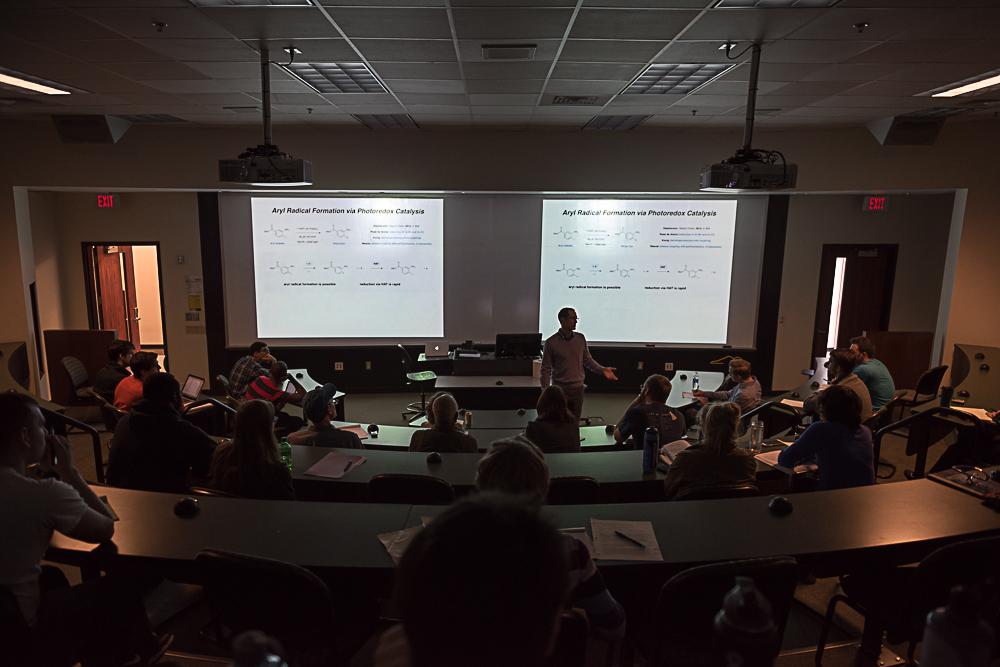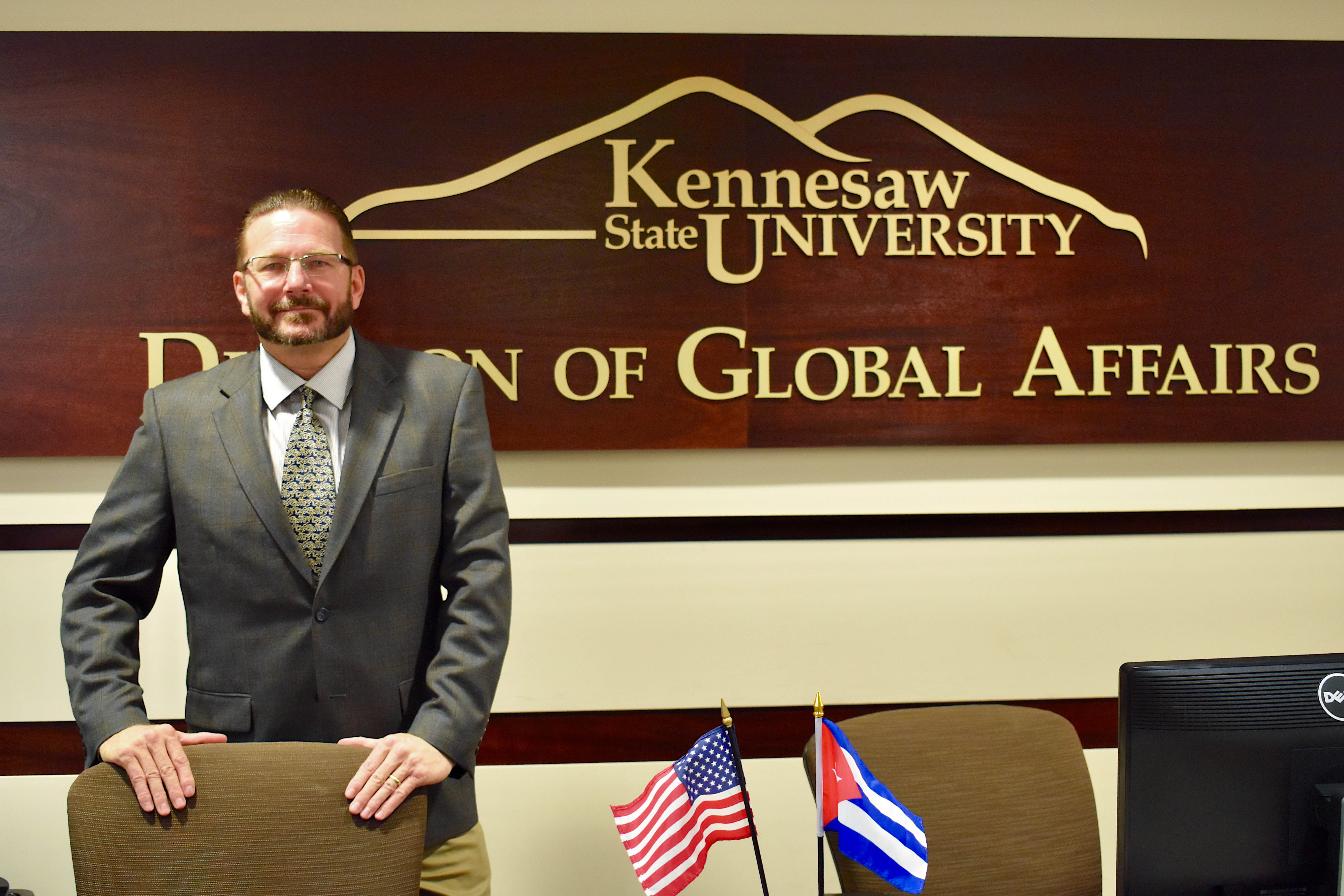The Ecology, Evolution and Organismal Biology seminar series continued Wednesday, Feb. 22, with an impromptu presentation.
The series — in which research scientists from all over Georgia are invited to present their work — is part of an upper-level elective course for biology, chemistry and environmental science majors.
The original speaker for the event could not make it, so professor of biology Bill Ensign created an impromptu presentation called, “Dams, and Bridges, and Fishes — Oh My!” which discussed fish movement in the Etowah River basin.
According to Ensign, fish populations migrate more than scientists originally thought. Original theories suggested that fish populations remained relatively still, but further research revealed that they just move in a limited way due to certain restrictions.
Ensign’s research involved the study of human impact on these underwater creatures, specifically how man-made channels, dams and bridges affect fish movement through creeks and waterways. He suggested that artificial structures restrict fish movement, in addition to endangering the health of freshwater habitats.
On a local map, Ensign pointed out surfaces where water immediately becomes runoff due to human constructions. When water becomes runoff, it does not return to the watershed system, which depletes the Etowah River watershed’s supply.
According to Dr. Adrienne King, the instructor of the course, the purpose of these seminars is to expose students to cutting-edge research with a broad focus on ecology, evolution and organismal biology. While students in the class are required to attend, the seminars are also open to all students and faculty at KSU.
“Always what we do with science is test our understanding of the world against empirical data,” Ensign said. “It helps explain the world around us, but we have to test those with real-world phenomena.”
The class is available to juniors, seniors or graduate students in the chemistry, biology or environmental science majors as an elective. In addition to attending lectures, students critically analyze papers that have been published by the guest speakers.
“Anyone can attend the seminars, and we encourage students and faculty members to attend,” King said.
The seminars are held every Wednesday at noon in room 1010 of the Clendenin Building. Some speakers for the series include Dr. Seth Wenger from the University of Georgia, Dr. Amanda Gibson from Emory University and Matt Brennan, a South African scientist.




